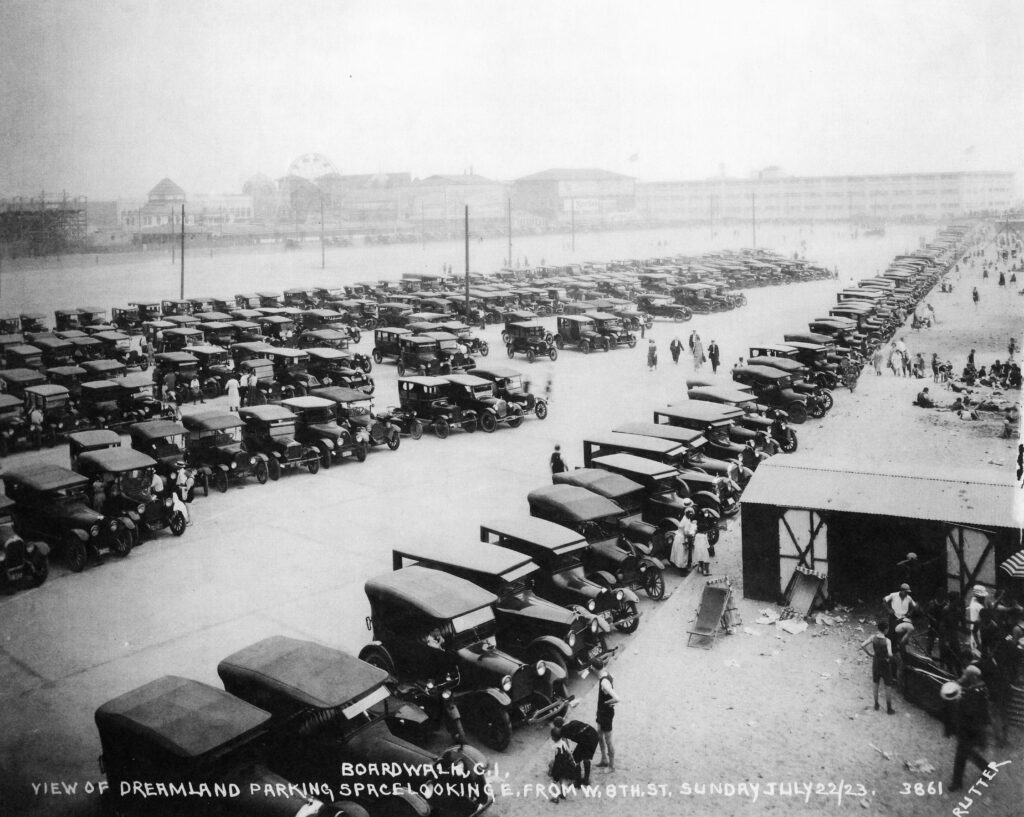
Movie at Academy of Music
——————-
Matt’s Notes
As we’ve discussed before, the Academy of Music was a storied venue that had fallen on hard times by the time Papa went there to see movies.
Once the home of New York Opera, and therefore the very seat of Knickerbocker society, it’s primacy came to an end at the hands of William H. Vanderbilt. Some time around 1880 Vanderbilt, who was considered nouveau riche by the standards of Knickerbocker society, was so incensed by the unavailability of boxes at the Academy that he simply decided to build his own opera house. Other like-minded millionaires jumped on board, and by May of 1883 their project, the old Metropolitan Opera House on 39th and Broadway, was in business.1
The Academy, having remained on top for forty years since its 1849 opening, took another forty to expire from Vanderbilt’s vengeful blow. Its popularity (and box seats) were gone by the late 1800’s, and bit by bit it conceded to host lower-brow attractions like wrestling, musical theater, and, finally, movies. The wrecking ball ended its misery in 1926, when the Consolidated Gas Company knocked it down and built new corporate headquarters in its place (the Con Ed building still stands in the same spot at 14th and Irving).
Did Papa know the Academy had but two years of life remaining when he wrote the above entry? We can’t be sure, but we do know he most certainly didn’t see any of that week’s first-run movies like Men, with Pola Negri, or Dorothy Vernon of Haddon Hall, with Mary Pickford. The Academy wasn’t considered an important enough venue to make the New York Times listings, but it probably showed movies that had been hanging around town for a few weeks, like “The Thief of Bagdad,” “America,” “Three Weeks” or “Beau Brummel.” (While searching the Times archive I did come across a couple of enjoyable feature stories about the sorry state of subtitle writing and Hollywood’s lack of good scripts, complaints that persist today in movie journalism. Check them out if you’re a movie fan.)
————————–
References
1 – As noted by Irving Kolodin in his History of the Metropolitan Opera 1883-1950:
Few of us today could imagine a society in which a mere whim could determine the existence of such a structure as the Metropolitan. Lilli Lehmann has recorded the circumstances in her memoirs, My Path through Life (New York: G.P. Putnam’s Sons; 1914): “As, on a particular evening, one of the millionairesses did not receive the box in which she intended to shine because another woman had anticipated her, the husband of the former [Vanderbilt] took prompt action and caused the Metropolitan Opera House to rise.”







